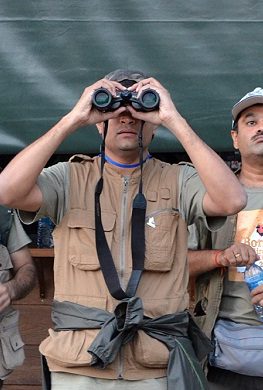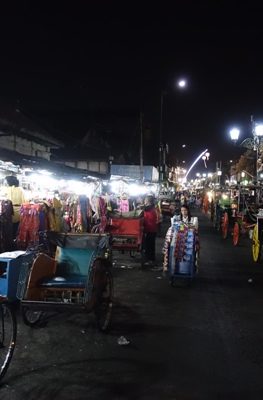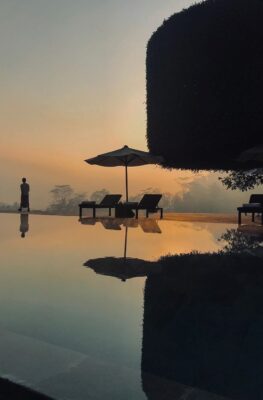Published on June 17, 2010
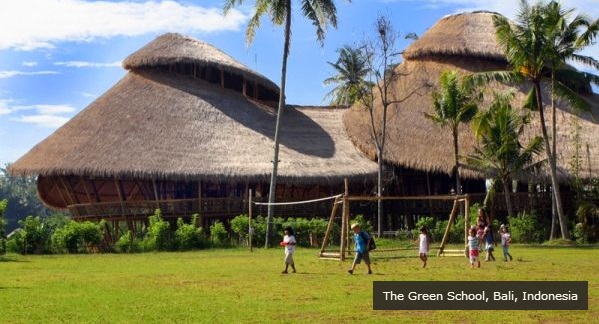
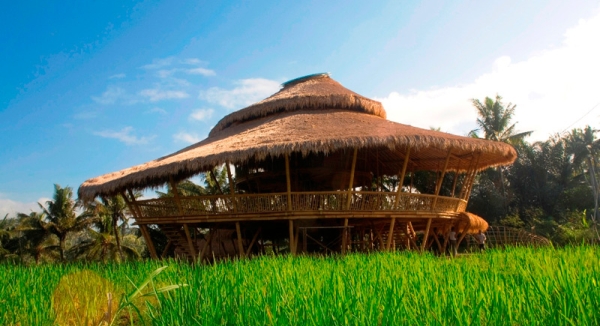
The Green School, situated on eight hectares of untouched land between Ubud and Denpasar on the island of Bali, is a place where sustainability is at the heart of its philosophy and curriculum. The Kul Kul campus sits on a property bisected by the Ayung River and is surrounded by rice paddies, palm trees, vegetable gardens, and animal-filled pastures. The school focuses on creating passionate students who will become engaged global citizens with a deep awareness of caring for the world. The theoretical is balanced with the practical, and the learning environment is one that strongly links education to living.
The Kitchen at the Green School
Young students practice their math skills by studying the area of a rice field, determining the optimum amount of grain that can be produced, then actually planting it as part of the class activity. By growing their own vegetables and working with animals, they learn that food doesn’t just come from the supermarket. Developing an early understanding and appreciation for nature enables them to learn to make the best use of the earth’s limited natural resources.
This groundbreaking educational concept is about to finish its first school year. It has been grantedInternational School status by the Department of Education and forms part of the mentoring program of the International Baccalaureate. Its kindergarten to 9th grade student body consists of 120 children from 17 countries.

First Day of Classes
In keeping with the Green School’s philosophy, all buildings, furniture, and amenities (including toilets!) are constructed of sustainable materials such as bamboo, alang-alang grass, and mud walls. The open-air classrooms, filled with natural light, accommodate 20 students and three teachers, both Indonesian and Western trained. Teaching methods foster a peer-to-peer learning environment and allow teachers to not only dispense knowledge but also promote active learning. As the majority of their students will enter positions that don’t exist yet, using technology yet to be invented, the school focuses on cultivating curiosity, a passion for learning, and an ability to solve problems with peers. It is a learning community where asking good questions is more important than having right answers. Bali resident and jewelry designer John Hardy is the visionary behind this eco-friendly community.
The whole idea emerged from an educational video he saw about the information explosion and how to best equip children for a world of constant innovation. Hardy explains, “Watching it changed my life. As Bali has been good to my family and I,, we wanted to give something back. “By empowering current and future generations to solve the challenges they face, the Green School is planting seeds of change that will grow above and beyond what we dream to be possible. If the wind blows those seeds in the direction of other countries, it will undoubtedly be a better and more secure future or us all.
Click
Visit www.greenschool.org for more information.
Photographs were retrieved from http://www.greenschool.org.
This article was provided by Philippine Airlines’ Mabuhay Magazine.Mabuhay Magazine is published by Eastgate Publishing Corporation (email:info@eastgatepublishing.com;website: http://www.eastgatepublishing.com).




